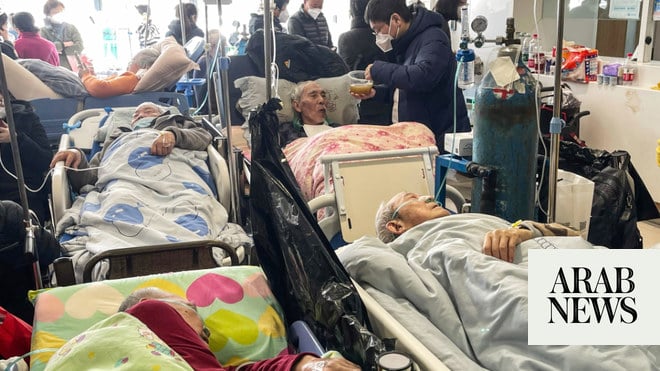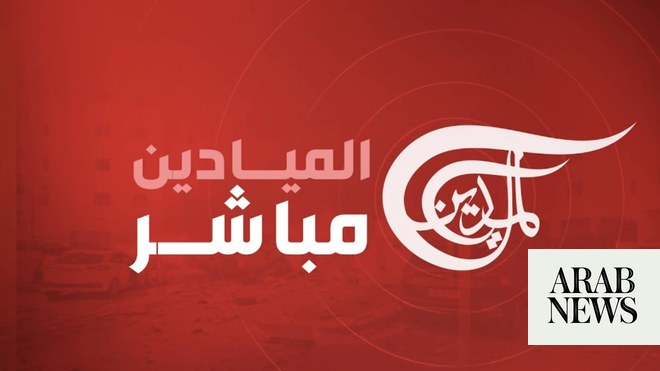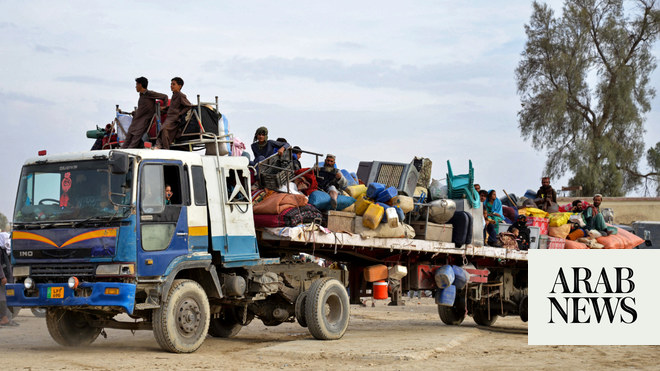
AbbTakk TV, 24 News, and Capital TV all had their broadcasts cut, after screening a press conference with the opposition leader
Pakistani authorities say the channels were unavailable due to “technical issues”
ISLAMABAD: A global media watchdog has slammed Pakistani authorities over the removal of three television channels from the country’s airwaves, saying the move was “indicative of disturbing dictatorial tendencies” as pressure mounts on journalists in the South Asian nation.
The statement from Reporters Without Borders (RSF) comes days after AbbTakk TV, 24 News, and Capital TV all had their broadcasts cut, after screening a press conference with opposition leader Maryam Nawaz.
Pakistani authorities say the channels were unavailable due to “technical issues,” but RSF described the outage as an act of “brazen censorship.”
“Reporters Without Borders (RSF) is appalled to learn that three Pakistani TV news channels have been suspended from cable networks at the behest of the authorities in reprisal for broadcasting an opposition leader’s news conference,” the watchdog said late Tuesday.
It went on to pin the removal of the channels on the Pakistan Electronic Media Regulatory Authority, saying “the all-powerful broadcast media regulator” takes its lead from the country’s “military establishment.”
A senior official with knowledge of the case confirmed the move against the channels, saying the broadcasters had violated Pakistan’s “code of conduct” and been warned against airing the press conference with Maryam Nawaz.
Nawaz is the daughter of former prime minister Nawaz Sharif — who is currently behind bars for corruption — and her press conference featured a judge claiming he had been blackmailed into convicting the former premier.
The move came as Prime Minister Imran Khan’s administration vowed to block any media coverage and interviews of politicians “who are convicts and under trial,” according to leading English-language daily Dawn.
Just last week, Pakistan’s largest private broadcaster Geo News TV abruptly took an interview with former president Asif Ali Zardari off air shortly after it began.
There have been accusations in recent years of the country’s powerful military putting pressure on the media to stop coverage critical of its policies — allegations it denies.
Pakistan routinely ranks among the world’s most dangerous countries for media workers and reporters have frequently been detained, beaten and even killed for being critical of the government or powerful military.












